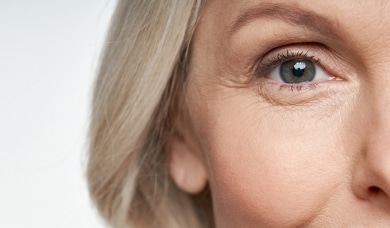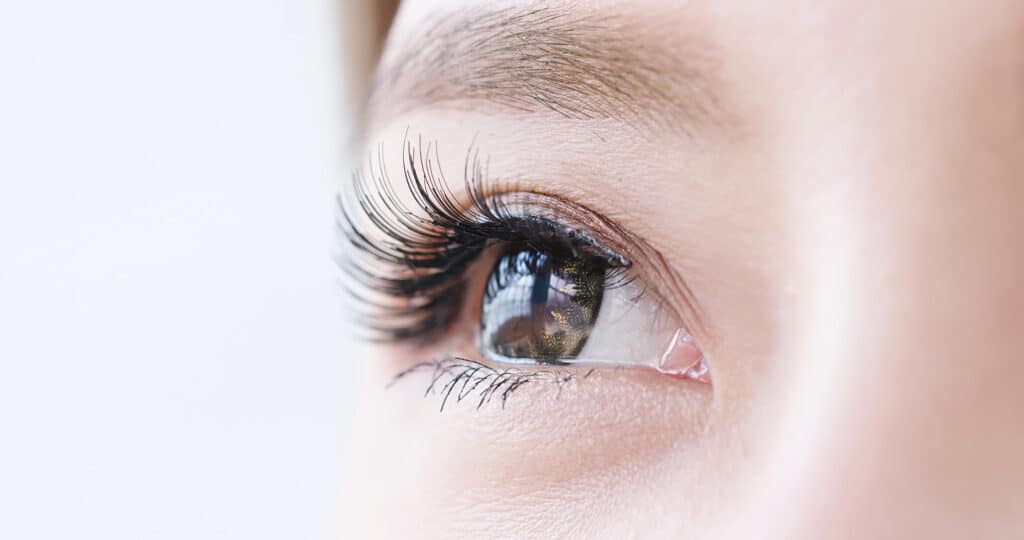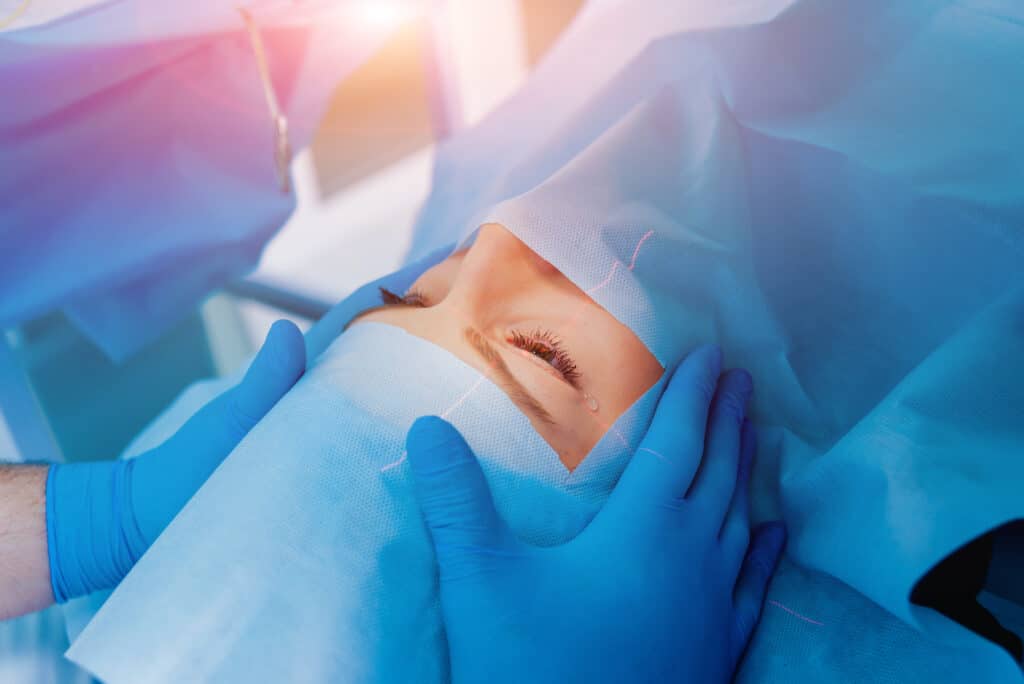Preparing for Cataract Surgery: Procedure and What to Expect
September 8, 2020
A cataract is a common medical condition where protein builds up in the lens of the eye, making it progressively more opaque and cloudy. This creates blurred or compromised vision that will likely worsen as the severity of the cataract increases. Fortunately, this is a relatively common condition which can be treated easily through cataract surgery. Cataract surgery involves the removal of the natural lens where the cataract is present, and replacing it with an artificial lens. With more than three million cataract surgeries being performed each year in the United States alone, it is one of the safest and most frequently performed surgical procedures in the country.

What to Expect With Cataract Surgery
Cataract surgery is typically an outpatient procedure, meaning you do not have to remain in the hospital after the surgery. The surgery itself usually takes an hour or less to perform, and is conducted by an ophthalmologist. It is an entirely painless procedure as you will receive local anesthetics to numb the eye, and will likely receive a sedative to help you relax.
Immediately following the surgery, you will need assistance driving home and your vision may be blurry initially as your eye adjusts to its new normal and begins to heal. Your vision should begin improving within the first few days, but you may experience some itchiness or mild discomfort during that time.
You will have appointments with your eye doctor to monitor the healing process, and should expect to be fully healed from the surgery around one month from the operation. While your vision will be much improved (especially from a clarity standpoint), most people will still need glasses after cataract surgery at least some of the time.
Things to Do Before Cataract Surgery
While cataract surgery is generally safe, there are a number of things that you should do in advance to ensure a successful operation:
- About a week before your surgery, your doctor will measure the size and shape of your eye with a painless ultrasound test. The purpose of this is to determine the right type of lens implant to utilize during the surgery, as the lens will be chosen based on the curvature of the cornea and length of the eye. In most cases, you can expect to receive an intraocular lens, which will replace your natural lens and serve as a permanent vision solution.
- If you have other health conditions such as diabetes or high blood pressure, your doctor may require you to get them to healthy levels before moving ahead with the procedure so make sure you have your general health is in an acceptable state.
- To help reduce the risk of complications, you may be prescribed antibiotic and/or anti-inflammatory eye drops to take in the days leading up to your surgery.
- Since you will not be able to drive immediately following the surgery, plan ahead to arrange a ride home from your operation. You should also expect to take one to three days off from work to rest and begin the healing process. Patients usually return to normal activities within a couple of days.
- Follow the preoperative instructions provided to you by your cataract surgeon. This will likely include fasting for the 12 hours before the procedure (meaning do not eat or drink during that time).
- If there is anything you do not understand about the process and procedures around having a cataract surgery, simply ask your doctor for clarification. It is important to be on the same page to ensure a successful surgery and recovery.
The Path to Clearer Vision Starts Here
Things to Avoid Before Cataract Surgery
In addition to the things that you should do prior to your cataract surgery, there are a number of things you should avoid in the days leading up to your procedure:
- Because cataract surgery involves cutting of the lens, some minimal bleeding can occur. While it is not usually significant, your ophthalmologist may still recommend that you stop taking aspirin or anti-clotting drugs ahead of your procedure just to be safe. That being said, you should always check with your doctor who prescribed your medications prior to halting their use.
- You should avoid wearing contact lenses for at least three days prior to your surgery and opt to wear glasses instead. Contact lenses put you at higher risk for irritating your eye, which could impact or delay the cataract surgery.
- On the day of your surgery, you should avoid wearing makeup, facial lotions or creams, or aftershave. Simply wash your face with soap and water prior to your cataract surgery.
- In addition to your 12-hour fast leading up to surgery, you should abstain from drinking any alcoholic beverages such as wine, liquor, or beer for at least 24 hours before your cataract surgery.
Can You Brush Your Teeth Before Cataract Surgery?
Yes, it is ok to brush your teeth prior to cataract surgery. If you have been asked to fast prior to the surgery, you should use as little water as possible and try to not drink anything during or after brushing your teeth.
What Do You Wear for Cataract Surgery?
What you wear to your cataract surgery is up to you, however we recommend clean, comfortable, and loose-fitting clothing. Having a shirt that buttons up the front can be helpful as occasionally the fluid used to wash out the cataract may drip down and get your clothing damp. With this in mind, it may be a good idea to bring a spare shirt in case you need to change after the surgery.
Conclusion
If you have developed cataracts, surgery is the only way to safely remove them from the eye. Thankfully, cataract surgery is a safe and effective eye care solution that can have life-changing results for those who have lost visual acuity due to cataracts. Knowing what to do to prepare (and what to avoid) before the surgery will help you have the best experience possible. It is also important to know the dos and do nots off post cataract surgery. Read our blog to find out more information.
If you are ready to see if cataract surgery is the best treatment option for you, please reach out to us at Heart of Texas Eye Institute for a free consultation.


